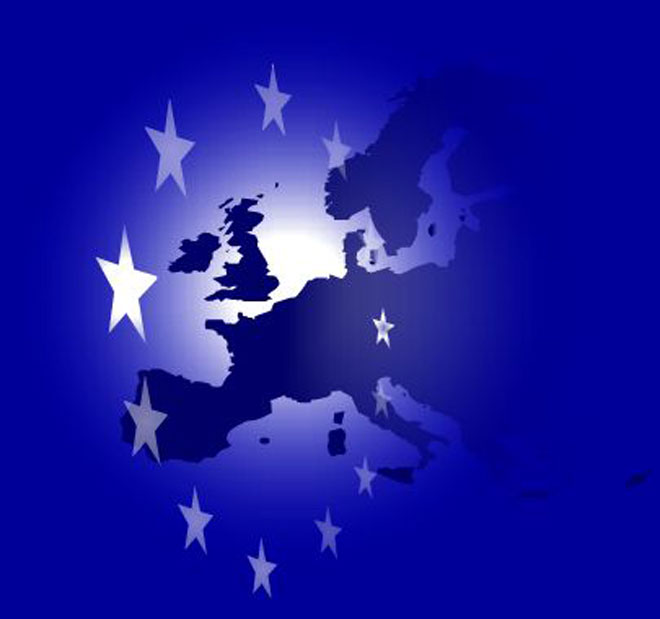European Union foreign ministers were on Monday looking for ways to revive the Middle East peace process, while appearing resigned to Israel continuing to defy international calls to stop settlement building in occupied Palestinian territories, DPA reported.
Israel's decision not to renew a temporary freeze on construction in September brought the latest round of peace talks to an abrupt halt.
"The EU notes with regret that Israel has not extended the moratorium," a draft statement from the ministers' meeting read.
British Foreign Secretary William Hague declared himself "disappointed," but added that "now, whatever the situation, we have to try to make sure that there is a way forward in this peace process."
"We know perfectly that Israel will continue with the settlements," Spain's Trinidad Jimenez acknowledged.
Argentina and Brazil reacted to the stalemate by recognising Palestine as a separate state, but the EU is unlikely to follow in their footsteps, at least for the moment.
"We must avoid everything that could endanger the success of the peace process. This means unilateral steps as well," German Foreign Minister Guido Westerwelle said.
Swedish Foreign Minister Carl Bildt agreed the move was premature.
"We would be happy to (recognize a Palestinian state), but the conditions have to be there and the conditions aren't there as yet ... I think that the recognition that is really important is of course the recognition of Israel, and we are aiming for that to happen," he said.
According to draft documents the EU would express readiness to move on recognition "when appropriate," acknowledging a World Bank report stating that, on if current institution-building efforts by Palestinian Authority premier Salam Fayyad continue, that moment could come "at any point in the near future."
Ministers were also set to reiterate the EU's support for Jerusalem to be the capital of both Palestinian and Israeli states.
The EU has so far been relatively successful in helping Fayyad, but the Gaza Strip, the other part of the would-be Palestinian state, remains an official no-go area because it is ruled by Hamas, which the EU and the US consider as a terrorist group.
Hague insisted that the leading role in trying to revive the Israeli-Palestinian negotiations should be left to the United States.
EU foreign policy chief Catherine Ashton said US Middle East envoy George Mitchell would fly to Brussels on Friday to brief her personally after holding talks in the region with Israeli and Palestinian leaders.
"This will continue to need the leadership of the US. But as I said, there is more the EU can do to work with the United States to bring successful talks about," Hague said.
On Friday, a number of former EU leaders called for a radically different approach by urging the EU to sanction Israel for its settlement building, which is in breach of international law.
But that course of action did not find a lot of support, with drafts stating that "the EU remains ready to develop further its bilateral relations with Israel."
"I respect all opinions. But we are politicians and we have to work in the direction to find an agreement. This is our position as the European Union," Jimenez told reporters when questioned about the former leaders' proposals.
EU ministers resigned to Israeli settlement building
European Union foreign ministers were on Monday looking for ways to revive the Middle East peace process, while appearing resigned to Israel continuing to defy international calls to stop settlement building in occupied Palestinian territories,






